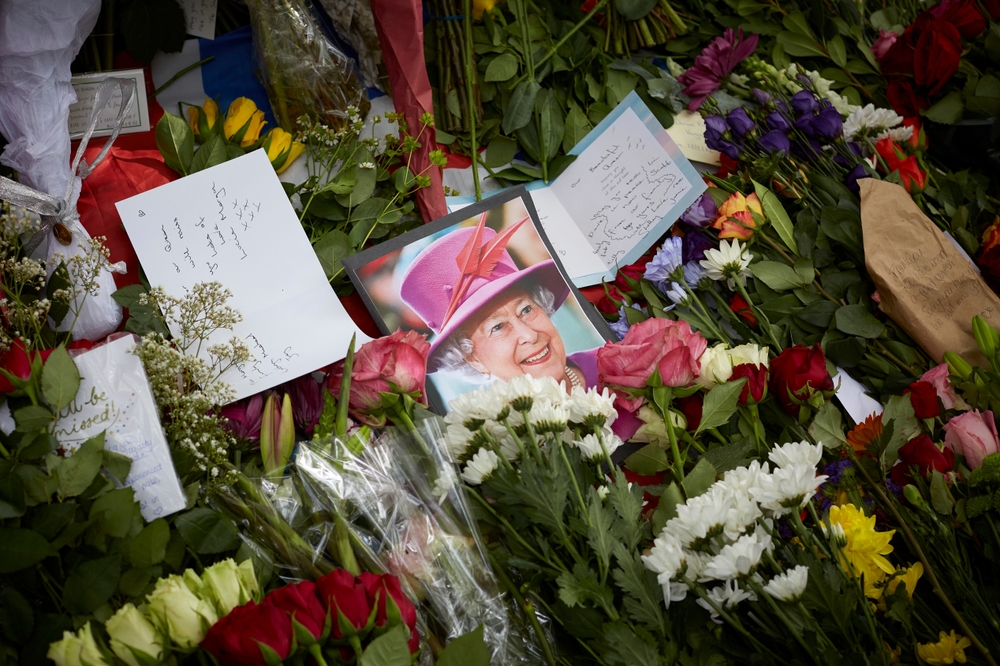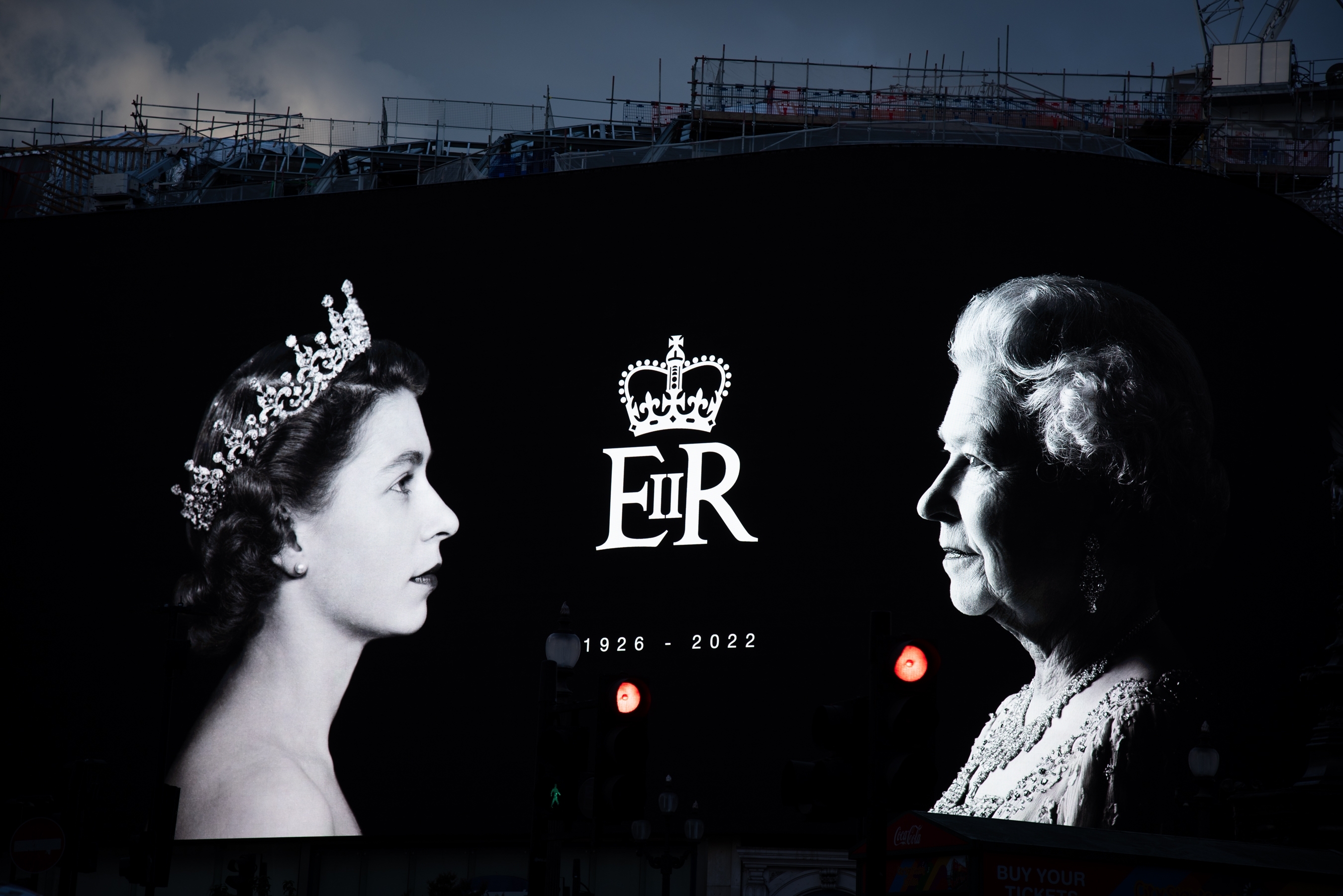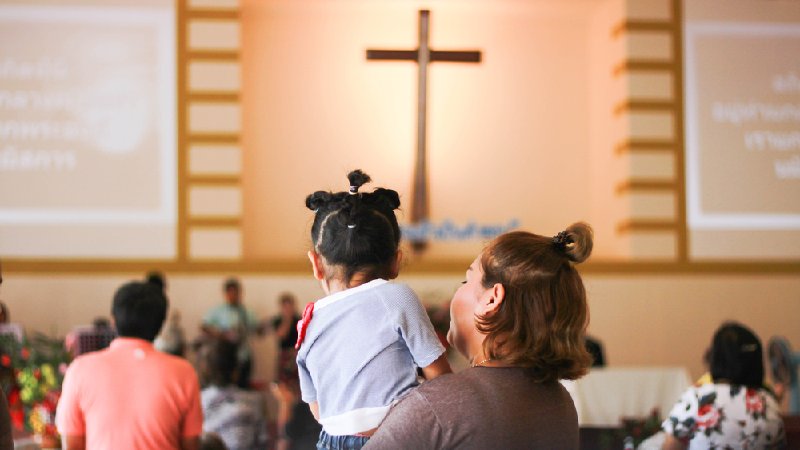
-
HOME
-
WHAT IS STANDOur Mission Our Values Our Help Contact
-
WHAT WE FIGHT FORReligious Freedom Religious Literacy Equality & Human Rights Inclusion & Respect Free Speech Responsible Journalism Corporate Accountability
-
RESOURCESExpert Studies Landmark Decisions White Papers FAQs David Miscavige Religious Freedom Resource Center Freedom of Religion & Human Rights Topic Index Priest-Penitent Privilege Islamophobia
-
HATE MONITORBiased Media Propagandists Hatemongers False Experts Hate Monitor Blog
-
NEWSROOMNews Media Watch Videos Blog
-
TAKE ACTIONCombat Hate & Discrimination Champion Freedom of Religion Demand Accountability
Faith Communities Come Together to Pay Tribute to Queen Elizabeth II
I have never met Queen Elizabeth II, but I won’t lie, her death has broken me. By being such a relentless source of inspiration, acceptance and an object of pride, the Queen became a guiding compass to people of all faiths in the UK and across the Commonwealth.
The outpouring of condolences from leading Christian, Muslim, Baha’i, Jewish, Hindu and Sikh organizations highlighted the profound impact she made on religious communities.

Over her seven-decade rule, the United Kingdom has seen itself transformed into a new era and a multicultural, multifaith society. As a result, no words can fully describe the extent of the nation’s loss; Her Majesty’s wisdom, compassion and dedication to duty and the cause served as an inspiration to generations of British citizens, including all communities and religious minorities. Throughout her unprecedented reign, she spoke frequently not only about her personal Christian faith but other faiths, too.
In his emotional tribute in the House of Lords, Lord David Alton reminded us of Queen Elizabeth II’s extraordinary commitment to public service and her remarkable legacy. He said the Queen has bequeathed a remarkable legacy to King Charles and to all of us who are privileged to live and thrive in the parliamentary democracy system.
There was a real connection between the Queen and faith communities.
As one of the world’s most recognizable and celebrated leaders for nearly a century, Queen Elizabeth II inherited religious responsibilities as the Defender of the Faith and Supreme Governor of the Church of England. Her responsibilities included appointing archbishops, bishops and deans of the Church of England as advised by the prime minister.
By living an exemplary life of faithful service, Elizabeth II defined an era which will be remembered for generations.
Following the sad announcement of her death, the rabbi of a synagogue in Bristol paid tribute to the Queen, saying she was a figure of “wisdom” and “humility.” Rabbi Mendy Singer, representing the Bristol and South West Jewish community, delivered a prayer in honor of the Queen and the Royal Family.
The senior church leader, Justin Welby, expressed his “profound sadness” following the news of her death after 70 years on the throne. This came as chapels, churches and cathedrals across the country prepared to toll their bells and began special services in memory of the late monarch.
There was a real connection between the Queen and faith communities; she was the first monarch to engage with newly established Muslim communities in the UK. The first British mosque was seen in the Victorian era, but the Queen was the first monarch to visit a UK mosque during her jubilee celebrations in 2002.

The Muslim Council of Britain expressed its deep sorrow following the death of the Queen. To show respect to the Queen, thousands of young British Muslims gathered to pledge their allegiance and loyalty to Great Britain.
Similarly, the leaders of Norwich’s Sikh community paid tribute to the Queen, praising her “great services to humanity.” About 100 people joined special prayers at the Ramgarhia Gurdwara in Bradford. Gurdwara president Dr. Kuldip Bharj said the example Queen Elizabeth had set by becoming monarch at such a young age in a “male-dominated society” was outstanding.
Many faith leaders of Baha’i and the Hindu religion described the Queen’s unfailing commitment and dedication to the UK and the wider Commonwealth throughout the past 70 years. In this sense, faith leaders will remember the Queen for their warm relationship with her, with a particular commitment to promoting interfaith relations and respect for all faiths.
Among the most significant changes to Britain over the past 70 years has been the growth of religious and cultural diversity. The Queen has reflected this in many ways over the years, including visits, meetings, her Christmas messages and the annual Commonwealth Observance. The Queen wished as part of her jubilee program to celebrate with British non-Christian faith communities, which include the four largest groups: Muslims, Hindus, Sikhs and Jews.
The Queen visited each of these faiths. The purpose of these visits was to show respect for the diversity of faiths, encourage interfaith dialogue and demonstrate that non-Christians are central to modern Britain.
In times when hopelessness, rage and despair prevailed, Queen Elizabeth was a vital role model, helping to show faith communities what was possible.
Our eyes might be misty and sore after the Queen’s death, but she lives on forever. She was able to unite people across all faiths and inspire them to rise above tensions and division and come together. Hers was not just the death of a Queen, but a mother, and a mother of not just one nation, but many more.
May she rest in peace and rise in glory!









